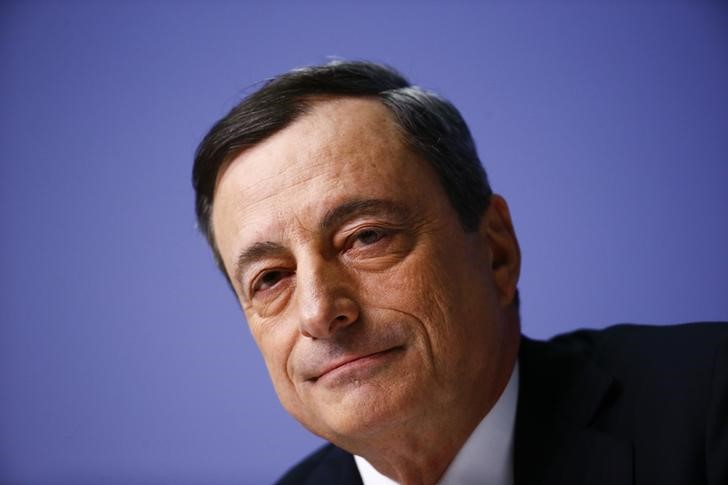Investing.com - A realistic Mario Draghi presented himself at MIT in Boston on Wednesday, where he received the Miriam Posen Prize and gave a long speech on current topics such as the war in Ukraine, inflation, and the response of central banks.
Starting with the conflict in Eastern Europe, former Prime Minister Draghi said that the geopolitical consequences are very significant, which is why the EU must strengthen its defense capabilities and begin a path with Ukraine for its NATO membership.
The consequences of the war have led to a period in which inflation will be higher in the future, and against which monetary authorities should have started their fight earlier even if in Europe, he clarified that the former ECB said, given the nature of supply-driven shocks, it is unclear whether acting more quickly would have greatly curbed the acceleration of prices.
Inflation is proving to be more persistent than central banks initially assumed and will require a cautious continuation of monetary tightening, both through further increases in interest rates and by extending the timing of their reversal.
Draghi said he is convinced that central banks will ultimately succeed in bringing inflation rates back to their respective targets, even though the economic environment will be very different from what we are used to.
Governments will have permanently higher budget deficits, and in the long run, interest rates will likely remain higher than they have been over the past decade, explained the former prime minister.
An environment of low growth, higher interest rates, and high debt levels is a volatile cocktail, said Draghi, but central banks must be very careful about the impact on growth to avoid unnecessary distress.
As in the past, the economist stressed on the responsibilities of governments which must redesign fiscal policies as this is their main task.
